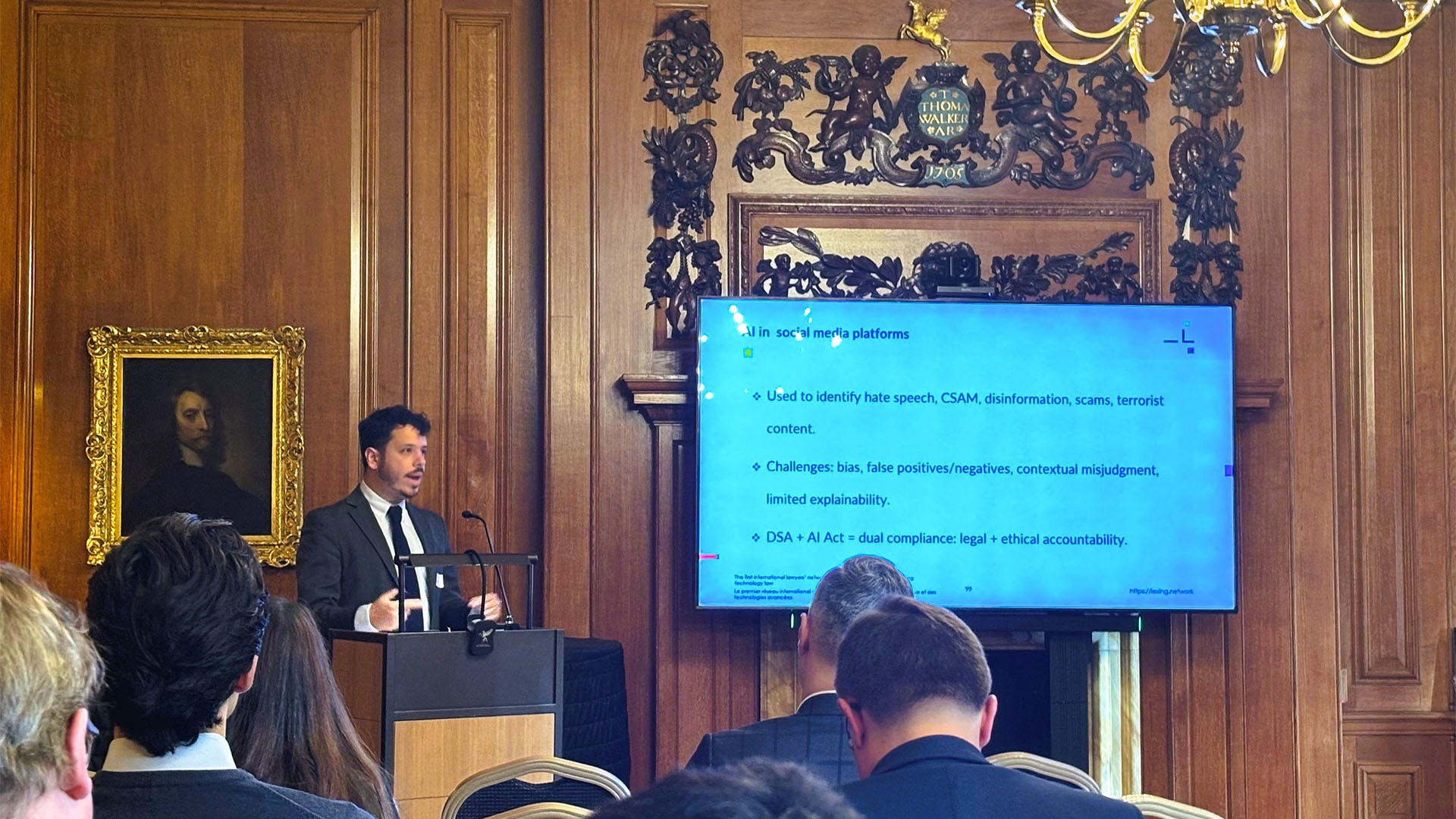As analyzed in our previous newsletter (Competition in exceptional circumstances and periods of social and economic crisis), a coordinated response to the issues emerging from the COVID-19 outbreak requires the involvement of all possible actors including also undertakings themselves. A solution to the general supply shock resulting from the disruption of supply chains, combined with an asymmetric demand shock, may well be provided by undertakings. However, undertakings remain at the same time under an obligation to comply with competition law and abstain from any anticompetitive practices.
Given the potential of horizontal co-operation agreements to remedy COVID-19 related issues and provide benefits for both consumers and undertakings, the EU Commission has issued on 8 April 2020 a Temporary Framework for assessing such agreements, in which it recognizes that different measures may contribute to bridging the gap between demand and supply:
A. Types of Measures:
COVID-19 related issues might require a very significant, rapid increase of production for products that are needed but are in short supply, reallocation of stocks, exchange of information on sales and stocks, or switching of production lines of non-essential/non-shortage medicines to take advantage from economies of scale.
B. Measures in the Health Care Sector:
In relation to the health care sector in particular, the Temporary Framework provides that cooperation might need to be limited to entrusting a trade association (or an independent advisor, or independent service provider, or a public body), to e.g.:
- Coordinate joint transport for input materials;
- Contribute to identifying those essential medicines for which, in view of forecasted production, there are risks of shortages;
- Aggregate production and capacity information, without exchanging individual company information;
- Work on a model to predict demand on a Member State level, and identifying supply gaps;
- Share aggregate supply gap information, and request participating undertakings, on an individual basis and without sharing that information with competitors, to indicate whether they can fill the supply gap to meet demand (either through existing stocks or increase of production).
In relation to any likely exchange of information between competitors that is required for adapting production, stock management, or distribution, the Commission will apply a proportionality test by assessing whether such measures are:
- designed and objectively necessary to actually increase output in the most efficient way to address or avoid a shortage of supply of essential products or services, such as those that are used to treat COVID-19 patients;
- temporary in nature (i.e. to be applied only as long there is a risk of shortage or in any event during the COVID-19 outbreak); and
- not exceeding what is strictly necessary to achieve the objective of addressing or avoiding the shortage of supply.
In addition to the above, the general safeguards regarding exchange of information as provided in the other Guidance papers continues to apply. In case undertakings engage to such practices they must document all exchanges and agreements between them and make them available to the Commission on request.
C. Imperative request by Public Authorities to co-operate
The Commission clarifies also in its Communication the much-debated subject regarding the undertakings’ liability for breach of competition rules in case of a relevant mandate by public authorities to cooperate. As the Commission provides, in case of an imperative request from public authorities to undertakings to temporarily cooperate in response to urgency situations related to COVID-19, such cooperation is allowed.
Regarding the role of Member States on remedying the gap between supply and stock, the Commission has issued on 8 April 2020 its “Guidelines on the optimal and rational supply of medicines to avoid shortages during the COVID-19 outbreak”, which are addressed to Member States. In short, these Guidelines introduce specific measures and actions aimed at ensuring (i) supply, (ii) optimal use of medicines in hospitals and (iii) optimisation of sales in community pharmacies to avoid hoarding.
D. Ad Hoc “Comfort” Letter
With a view to increasing the degree of legal certainty, the Commission, through its Directorate General for Competition, may exceptionally and at its own discretion, provide such guidance by means of an ad hoc “comfort” letter. Use of that procedure has already been made by providing to “Medicines for Europe”, formerly the “European Generics Medicines Association” (EGA) a comfort letter declaring a specific voluntary cooperation project among pharmaceutical producers justifiable under EU antitrust law.
E. Further Guidance from the Commission available upon Request
Companies remain responsible for assessing themselves the legality of their agreements and practices. In order to remove any remaining uncertainty regarding the compatibility of such initiatives with competition law, the Commission’s Directorate General for Competition has set up a dedicated webpage and a dedicated mailbox that can be used to seek informal guidance on specific initiatives:
Website: https://ec.europa.eu/competition/antitrust/coronavirus.html
Mailbox: COMP-COVID-ANTITRUST@ec.europa.eu
In conclusion, as the Commission states in its Communication, “pro-competitive cooperation is encouraged, while underlining that in these exceptional circumstances it is more important than ever that undertakings and consumers receive protection under competition law”.
This document is only informative and not intended to provide legal advice. Please contact your preferred legal consultants for advice on the matters discussed in this document. The information in this document is intended only as a general update and should not be taken as the sole foundation for decision making.
By: Gregory Pelecanos (Senior Partner) and
Constantine Beikos-Paschalis (Junior Associate)



